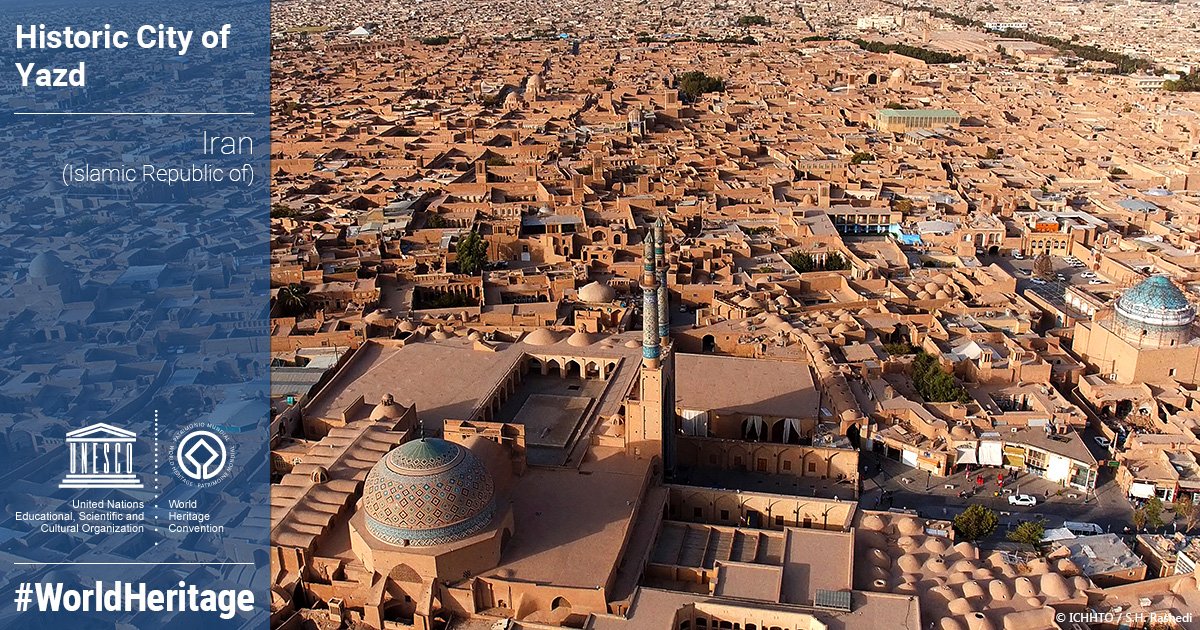We received the following courtesy of the team at Mauldin Economics which we are pleased to feature for this special Friday edition of View of the Week as the meetings in Hamburg begin of the 20 Largest Economies in the World:
Hostages to History at the G-20 Summit
By George Friedman
July 5, 2017
Leaders overstate how much their relationships define national agendas.
Anyone who has ever been to a meeting knows that meetings are often confounding, frustrating affairs. Most of them are designed simply to be held. The people who attend them are unlikely to agree on anything except maybe the date the next one will convene, and the possibility that they accomplish something gets smaller as the meeting itself gets larger. The G-20 summit, which will be held July 7, is no exception. But that’s only because the people who attend it, the leaders of the countries with the world’s 20 largest economies, think of themselves as decision-makers when really they are hostages to history.
In fact, the dynamics involved at a meeting such as the G-20 are indifferent to the people who attend it. Personalities are interesting but ultimately indecisive in power politics. World leaders may not like Donald Trump – in fact, many do not – but since they cannot avoid dealing with the United States, still the world’s only superpower, they cannot avoid dealing with its president.
The United States is inextricably linked to three major issues that will be addressed but probably not resolved at the G-20 summit. The first is the progression of North Korea’s nuclear weapons program, an issue the United States and China simply cannot ignore or fully resolve without at least talking to each other. On July 4, Pyongyang tested a missile it claims was an intercontinental ballistic missile. The North Koreans may be exaggerating, of course. The missile still needs guidance systems and a configured payload, but as U.S. Secretary of Defense James Mattis said, the United States can’t wait for North Korea to have a functional ICBM.
Here again, personalities matter less than imperatives. The Trump administration had planned for an economic confrontation with China, at least if statements from the campaign were to be believed. The reckoning has been postponed now that Washington needs Beijing to persuade North Korea to abandon its nuclear weapons program. So far the talks have been futile, and it’s unclear if China even wants them to succeed. If the United States attacks North Korea, China could get what it wants – North Korea without a nuclear weapon – without lifting a finger, superbly positioned thereafter to play the role of peacekeeper against the belligerent United States. In the meantime, Chinese President Xi Jinping will promise to try harder to disarm North Korea because it strengthens his case if the U.S. attacks while he is “negotiating.” Washington probably sees the trap China is trying to set but can’t really get around it; it will simply remember this later, after the North Korea issue has been resolved one way or the other, when it turns its attention back to Beijing. After all, the U.S. can damage the Chinese economy far more than China can harm the American.
The second issue is Russian interference in the domestic affairs of other countries – a hot-button issue that elides some obvious facts: Nations interfere with other nations all the time, and the Russians have a long history of agitation and propaganda. Moscow has, in no uncertain terms, interfered in the domestic affairs of other countries, particularly former Soviet states that lay west of Russia. The government claims, albeit quietly, they are justifiable responses to meddling in the “color revolutions” of Eastern Europe in the 2000s, funded as they were by U.S. nongovernmental organizations. Whatever may or may not have happened in the 2016 U.S. presidential election is beside the point. The bigger issue for Russia is that its oil is cheap, and that cheap oil will continue to hurt the Russian economy. Nothing from the meeting will change that.
The third issue is U.S.-German relations. The party of Chancellor Angela Merkel no longer uses the word “friend” to describe the United States in its platform. But in fact, Merkel has blamed Trump for a rupture he has little to do with. At issue are the national interests of both countries. Germany needs for the European Union to be economically healthy enough to buy the exports on which its economy depends, but the United States, which has little leverage or stake in the European Union, sees its disintegration as a European problem. And so Washington has been working with countries like the United Kingdom and Eastern Europe states on a bilateral basis to contain Russia rather than going through Brussels. Germany, moreover, wants to be in NATO and the EU, but both organizations have a hard time instituting policies that benefit all its members because none of its members have identical national interests. And then there is Russia. The last thing Germany wants to do, in light of its other problems, is confront Russia, but blocking Russia is central to U.S policy, and it needs Europe united in that regard. The divergence between the United States and Germany has been growing since 2008, and there is little Trump could have done to change things.
World leaders take their relationships with other world leaders very seriously. To them, their relationships with their peers define their national interest. Though this line of thinking is misguided, it has its advantages, given Trump’s apparent unpopularity. Xi will blame Trump for disrupting a nearly successful peace process in North Korea. Putin, in an effort to dispel rumors of collusion, will blame Trump for conspiracies against Russia. Merkel will blame him for disrupting U.S.-German relations. Trump’s personality, however, will no more define what happens at the G-20 summit than his healthcare views will define what emerges from Congress
















